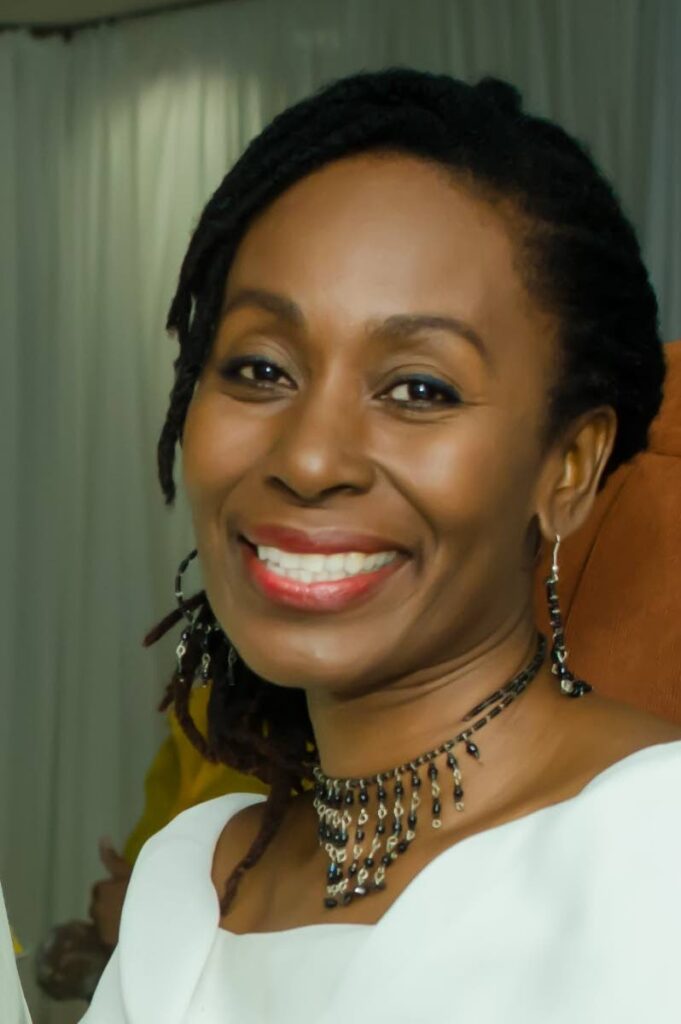Remember the warriors

CULTURE MATTERS
The post-colonial, post-modern world will never be the same as a result of this legacy of resistance and the symbolism of racial justice – key elements of humanity rising to its finest and highest potential.
Ambassador A Missouri Sherman-Peter
Uncle Apoesho, as we the children of the revolution knew him, transitioned to the ancestral realm this week. His passing, like his life in recent years, was quiet.
“What to do?”
“Another one gone.”
Those of his generation shrugged their shoulders and pursed their lips in a ritual of resignation and loss. I wondered – who knew that he lived? Will his passing disturb any space in our cosmos? He was a warrior of the 1970 revolution; he fought for freedoms that many of us now enjoy and regard as normal.
Yet in many ways, ‘70 remains the invisible revolution. Why?
I believe I understand the disappointment of the elders. Many of them risked their lives and those of their families to oppose a system that did not appear to serve the entire society. Inequity was prevalent across various social spheres – from business to financial stability and access to decent housing. The negative effect of economic policies was felt by ordinary working citizens, African and Indian.
Politically, the notion of democracy was challenged by the protesters. The word democracy literally translates from its Greek origins to mean "rule by the people."
It seemed to Uncle Apoesho Mutope and others in the movement that our leaders forgot about this. Additionally, he and his peers understood that the economic system of capitalism existed in direct conflict to true democracy, equal dissemination of wealth or prioritising the needs of vulnerable communities. Thus, the revolution was about creating a better society for everyone, within the context of a more relevant social construct.
An examination of other grassroots struggles reveals that the disappointment of the elders is not only felt here in TT. For instance, while the Virginia Museum of History and Culture acknowledges that civil-rights resistance in the US resulted in desegregation of education and the removal of other forms of inequality, they note that it was mainly the middle classes who were able to take advantage of the new social order.
As the middle classes moved out of their original neighbours, accessed jobs and education formerly denied to them, the communities they left behind continued to face the same, if not increased pressures. So “the problem of poverty, compounded by drugs, crime, and broken families, was not solved by the civil rights movement.”
The parallels with the challenges still being faced by vulnerable communities here are clear.
In recent years, uncle Apoesho became, well, different, so I stayed away. I preferred to remember him taking photographs of me as child and throughout my life. I recalled how he came alive when capturing an event, darting in between audience and media – it did not matter who – to get the best shot.
Children do not really think of elders as being vulnerable. I did not consider what traumas consumed him.
Brother Valentino, the haunting voice of the revolution, ended his calypso Dis Place Nice by saying, “The people getting ready for this Revolution day/Changes on the way.” Perhaps Valentino’s words were prophetic. It is slow, but I do believe that the revolution is once again becoming visible.
Today, UWI, once the centre of opposition to grassroots leaders like Walter Rodney, is at the forefront of the battle for reparations from slavery and colonialism. Increasingly, some Caribbean leaders are representing the needs of the region on important topics such as climate change and the need for greater equity in the global financial system. In fact, Ambassador Missouri has described the Caribbean as an “incubator for a new global leadership.”
No doubt such lofty ideals offer little comfort to the elders of 1970. They have lost another brother.
Worse, it often feels as though their contributions to the development of our society are lost amidst the noise of everything else.
I saw him for the last time earlier this year and was relieved that he seemed more like the uncle I knew. Martin Carter wrote that “death must not find us thinking that we die.”
So how will we remember them, the warriors of the 1970s? As outsiders or as visionaries?
For now, I think it is important simply to remember them.
Fight on, Uncle Apoesho. Fight on.
Dara E Healy is a performance artist and founder of the Indigenous Creative Arts Network – ICAN.


Comments
"Remember the warriors"